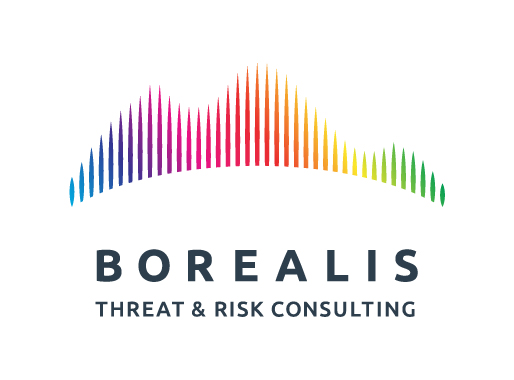This piece first appeared in the Epoch Times Canada on June 1, 2023.
Governments are very privileged bodies. They are the only ones who can collect and spend taxpayer dollars. They are the only ones who can declare war. They change our lives in innumerable ways—some welcome and some not so. In short, they have a lot of power.
Part of that power is the ability to call for and use intelligence provided by the country’s spy agencies. In Canada, that means the Canadian Security Intelligence Service (CSIS) and Communications Security Establishment (CSE).
I worked at both agencies over my 32-year civil service career. Governments leverage requirements on these bodies, see the polished intelligence that is produced by these professionals, and can take advantage of these sensitive sources to help make better decisions and policies. Your average citizen does not have that ace up their sleeve.
And yet, as we have learned over the past few months, a series of Canadian governments have ignored very crucial intelligence on a very serious matter: the bald-faced yet clandestine efforts by the Chinese Communist Party (CCP) to influence our federal elections in 2019 and 2021 (at least those two years: there may have been more) through the intimidation of voters and promotion of some candidates over others.
The current government’s stance has been to deny that it saw the intelligence, undervalue intel in general, and blame the above-noted agencies for not getting their material to those who needed it (and on all counts is quite inaccurate in its accusation).
Now we are learning that the CCP targeted individuals outside the sitting Liberal government, namely former Conservative leader Erin O’Toole and NDP MP Jenny Kwan. There may indeed be others. These actions by the communist regime most definitely constitute what is called “foreign interference”—a national security threat covered under section 2b of the CSIS Act (this is what gives CSIS its investigative mandate).
We know this because both MPs have gone public with the fact that CSIS contacted them to inform them of Beijing’s actions. And therein lies the dilemma. Normally, at least based on my experience (which I admit is slightly dated as I retired in 2015 from CSIS), the only officials to receive intelligence briefings are those belonging to the elected government and senior officials with the requisite security clearance. Ergo, opposition MPs are usually kept in the dark.
Perhaps the rules need a change.
While it is vital for countries to protect intelligence access as too liberal (small ‘l’ liberal!) a distribution risks the possibility of leaks and misuse, it is also important that trusted officials—and I would put the former leader of the Official Opposition and a sitting MP—be brought into the loop in specific circumstances. Here I would place threats to their personal safety and clear efforts to interfere with their positions (and the CCP campaigns very much fit the latter category). In intelligence we often use the term “need to know”; Mr. O’Toole and Ms. Kwan needed to know this.
Bringing others under the intelligence tent does not make the rules any more lax. Recipients still need to protect sources and methods and they must be warned against unauthorized disclosure to those with neither the necessary clearance nor a need to know. I am fairly certain that some of our key allies operate on this basis. It is time we did as well.
The upshot of this affair is an institution—our elected government—that saw little need for intelligence and did not ask the right questions at the right time. As a consequence, a regime with our interests most assuredly not in mind (read: China) got away with attempts to undermine our democracy. This cannot be allowed to continue.
Hey, Canadian government! Wake up and smell the maple syrup. Listen to your intelligence professionals more often and stop this meddling in our affairs. Our credibility as a nation depends on it.
If the practice has indeed changed since my time and opposition MPs do get access to intelligence on a regular basis, I apologize for my mistake. I am no longer in the “club” and do not know what I do not know.

